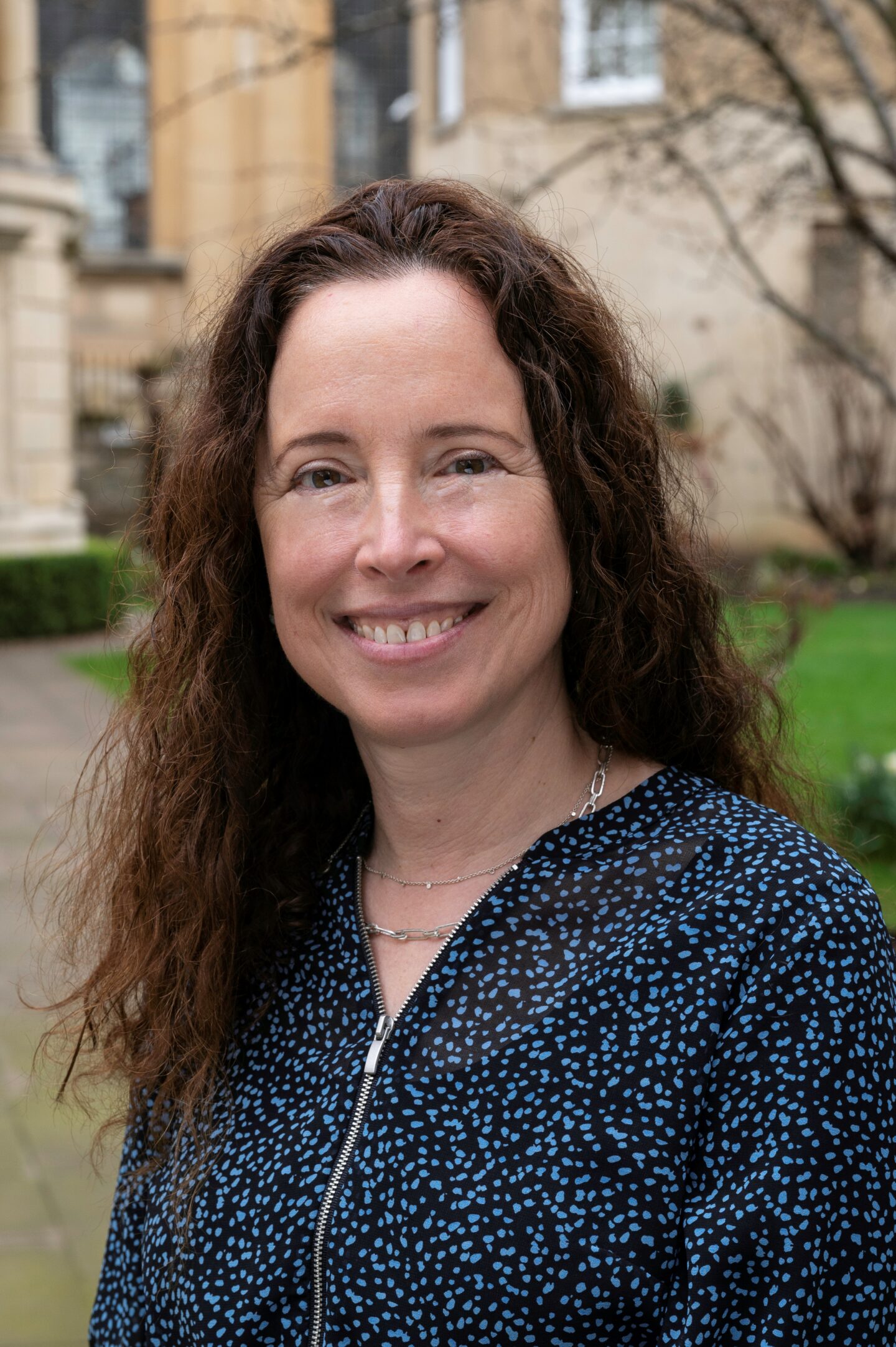Blog Post
The Future Unleashed - David Walcott on the future of global health

‘The Future Unleashed’ is a video podcast series produced by Lincoln College and hosted by journalist, broadcaster and author, Helen O'Hara. As the College approaches its 600th anniversary, we take this opportunity to lift our gaze to the horizon of the next six centuries to ask, “What does the future hold?”
In the second episode of the series to be released on 11 June, alumnus Dr David Walcott (2011), founder of Novamed, discusses his journey from clinical medicine to creating impactful healthcare solutions in emerging markets.
The episode delves into healthcare's future, focusing on critical threats such as health inequity, ageing populations, rising rates of depression, and antimicrobial resistance. Despite these threats, Walcott remains optimistic about the potential for game-changing advances in fields like gene editing, AI and other digital technologies to revolutionise medicine in the coming decades. Delving deeper, Walcott shares insights on overcoming the challenges of integrating high-tech solutions in resource-limited settings, emphasising the importance of sustainable, equitable health services.
His narrative intertwines personal evolution with a broader vision for a healthier, more equitable global society. He concludes with advice for young people, our stewards of the future.
On global health inequity
“The biggest problem to solve is health inequity, because if we look at how healthcare resources are allocated, over 70% of the world's population lives in emerging markets, with perhaps only 10% of health care resources, and it starts from the primary care level. So I think all problems are downstream of health inequity. If we look at ageing, there is a significant level of inequity.
“Digital health has the ability to revolutionise healthcare. But if it's only accessible to the few, it is going to increase health inequity. So I think the central unit of reference really should be how do we rightsize the health inequities that exist? That is the single biggest problem.”
On the issue of mental wellbeing
“I think the projection was that in the next 30 to 40 years, depression will be the most common disease. Of course, we have anxiety which affects a high population - maybe 1 in 4 individuals walking around. So it's going to be important for us to also address this invisible phenomenon of healthcare diseases.
“We are very likely to experience a mental illness pandemic, just based on the rising levels of anxiety, rising levels of depression, reduced levels of social connection, and increased levels of individual insularity. There are all these headwinds we have to contend with, some of which are related to technology, that are driving the global destabilising of mental wellbeing."
Lincoln in three words - magical, homey, picturesque
“I have to say magical because that's the first word that came to mind when I came back to visit, and I was wondering if this was Lincoln or Hogwarts.
“Homey. Lincoln has this family orientedness and community spirit that I think lends itself well to both undergrad and postgrad experience, because you really feel at home. I think certainly especially for international students coming here, it's important to feel a sense of belonging that can only come with somewhere that values that type of environment.
“Third, I would say picturesque. I've been taking photos constantly since I've come back, and it's not the first time I'm seeing the grounds. It really is a beautiful space.I think this space we exist in and the level of dignity that the space conveys inspires a certain level of comportment from us. I've never seen such beautifully manicured lawns despite coming from Jamaica. I would sit down in the grounds and just read or be on my laptop, and it was so serene. There was an order to the beauty that I think inspired me to dignify my presence here with my best work.”
The Future Unleashed is made possible through the generosity of Dr Sara Althari (2014), an alumna of Lincoln College, who developed this series with the College. You can find out more about Dr Althari here.
